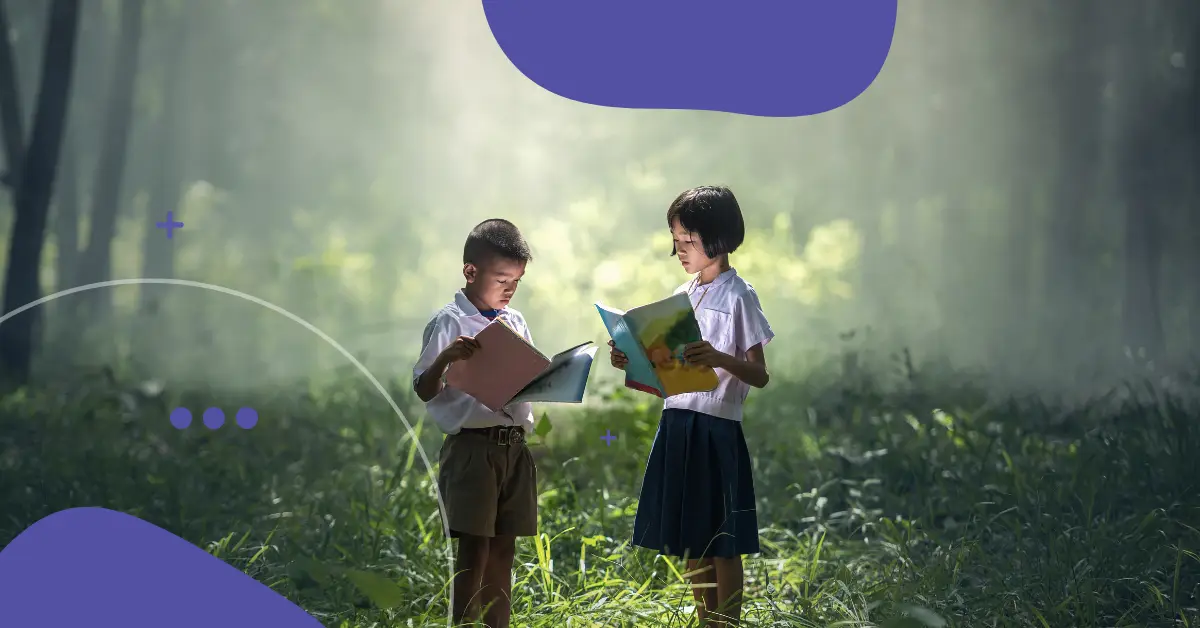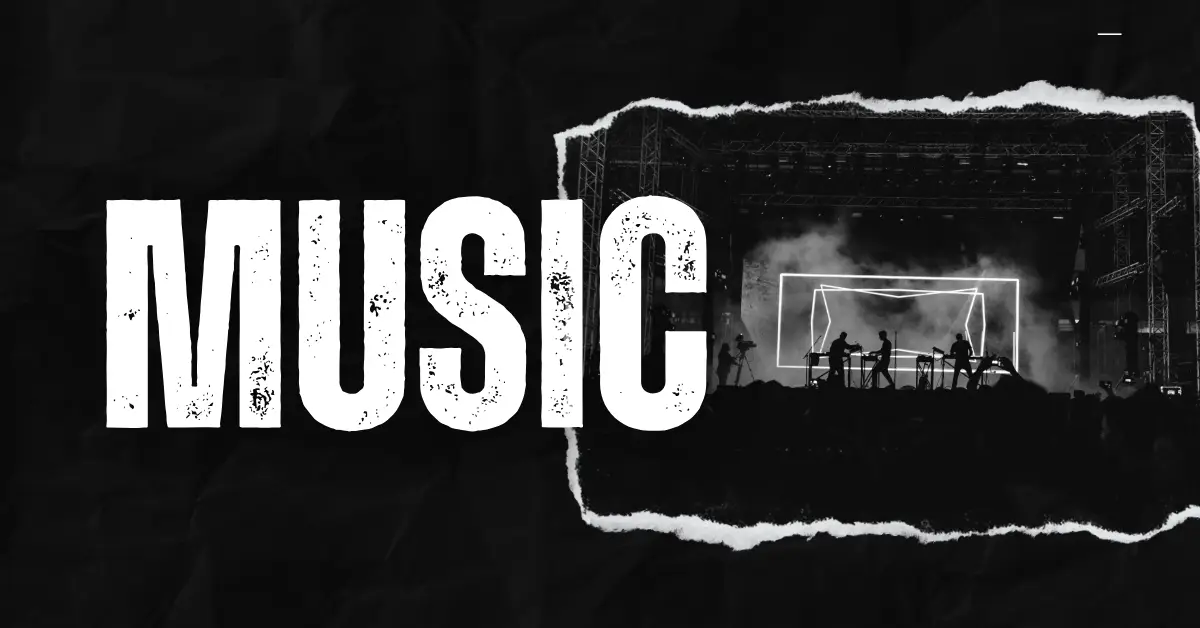As we know, education is an essential building brick of any societal structure because it prepares especially leaders and inventors of the next generation. Even though modern education offers technological perks and is easy to find, many people still believe that the processes of learning in the earlier empires were more encompassing and useful. Ancient Greece, Egypt, India as well as China are some of the civilizations which managed to create an education system which included not just the acquisition of knowledge, but the principles of ethics and social obligations as well. In this section, we will provide reasons to consider that the educational practices of the ancient worlds were even more advanced than the contemporary systems.
1. Holistic Education in the Ancient Civilization
The ancient educational system was marked by its most prominent quality. Inordinate beliefs, attitudes, and behaviours of an individual were not considered as objectives. First and foremost, the educated people within ancient cultures belonged to different age groups, did not have specific learners’ goals, and attended training with a view of understanding life. For instance, in Ancient Greece, the term “paideia” was used to describe the process of growing a man into a full and virtuous person. This process involved many disciplines such as philosophy, maths, physical training, and arts. They were not only prepared for jobs. They were prepared as complete people with a purpose of contributing to society.
On the other hand, the modern education system has made it a point to encourage specialisation, ignoring the need for the envelopment of all spheres of the individual in relation to the education and development of the individual, and giving due importance to subjects such as mathematics, sciences and languages. Nowadays, where the only emphasis is on quantifiable results and uniform testing, imagination and innovative thinking are normally left out, that are very much essential to the completeness of the education. It is so, as it has been acknowledged from the age elephants were taught to dance, that merely gathering information was not enough. There was also the need for moral upbringing and social skills.
2. Mentorship and Personalized Learning
One more important area of ancient education was teaching children with the help of an individual instructor popularly known as a mentor. In ancient India, students were made to stay with the teachers known as Gurus as was the system called Gurukulam. This created a very conducive atmosphere for learning. This bond promoted the concept of focused learning since the teachers were able to meet all the individual difficulties and strengths of every student. Just like that in Ancient Greece, the socius of philosophers like Socrates and his students such as Plato, existed a sage and disciple paradigm that sought to investigate ideas thoroughly.
Nevertheless, the modern system of education is in most instances marked by overpopulated classes and a common approach for all students. In this case, with the standard syllabus, most teachers cannot satisfy every student’s external and internal requirements. Eventually, the absence of such attention leads to frustration and underdevelopment of the students, as they are all treated the same way and regarded more like statistics than active participants, each of whom learns and progresses differently.
3. Development of Ethics and Morals
The focus on education in the earliest known civilizations was also on shaping an individual’s ethics and morals. in the History of Ancient Egypt, the pupils imbibed the concept of ‘Maat’ which stood for truth, justice and order.The ethical code informed their studies and behaviour, embedding principles that upheld the order within the society. To the same extent, the Confucian education in ancient China valued allegiance, dutifulness, and social obligation, requiring the students to learn to care for others before themselves.
On the other hand, in today’s education system, more emphasis is placed on the need for books and examinations and passing exams or getting good grades is highly regarded above development of morals and values. One can find units like philosophy or ethics in these courses but they are often treated as electives and not as core units of the education. The need to meet up to the standards set by examination bodies tends to NOt place importance on social integrity and responsibility which in turn gives rise to a large number of students who do not know how to deal with ethical issues in their lives either at work or at home.
4. Education for the community
Education in ancient times was considered a social act, where the goal was to enhance unity in the community and ensure everyone is responsible for one thing or the other. In the education systems of ancient Greece, there was no idea of a personal triumph; rather, one was trained to be an active citizen. Engaged and responsible members of the society that knew their rights and duties to the community were the focus.
On the other hand, nowadays the education system gives more weight to self rise, which in turn makes students rivals against each other. This approach that favours individual accomplishments over teamwork creates the risk of the individual’s being alienated from society. Contrary to these tendencies, the historical model which admired working together and valuing one another can be an important remedy to the current education systems, enhancing students’ discipline and sense of responsibility toward each other and the society.
5. Nature As An Effective Teacher
Likewise, in ancient society, it was recognized that there is much to learn from nature as well as learn in nature. For example, in ancient India, outdoor learning was essential, in which students interacted with the environment directly. This allowed the students to learn the intricate relationships within an ecosystem and helped them to appreciate the natural surroundings.
Today’s education system is largely based on the learning environment since most of the learning takes place indoors through the use of either textbooks or screens. Technology is good and has its advantages but in this kind of scenario where students are kept away from the natural environment doing books, the appreciation of the surrounding may be minimal. As times are changing and the world is faced with severe environmental issues, it is proposed that modern curricula should include nature-centred pedagogy as well as training on how to appreciate and work with the environment which would be of efficiency to learners as well as the society.
6. Education as an Unending Process or Journey
Historically, there was a perception that education was undertaken for an entire lifetime. In Classical Greece, for instance, the Greeks were not only encouraged to pursue education, they were encouraged to explore all aspects of “paideia” – an ideal intellectual and physical development from childhood into adulthood. In Ancient India, too, Education was continued well after the formal schooling was over and till late years, the person engaged himself in seeking spiritual and intellectual achievement.
Current education systems are primarily concerned over formal education and as such, there is the belief that after one graduates, there is no more learning that continues. Other than the notion that people can develop further professionally, the idea of learning at all stages is not as pronounced. People have been socialised into accepting the concept and practices of development as necessary and useful. This normalisation would in return allow them to cope with the views and situations presented by the dynamic millennium today.
Conclusion
Despite the fact that contemporary educational practice has on the one hand been exceptionally successful in ensuring the incorporation of technology and making education more accessible, there are several lessons to be learnt from the long gone ancient education that would assist in the modern day proper learning. Their holistic outlook towards this practice, the significance they placed on training, inculcating values, community service, the environment, and education throughout one’s life come into a rectangle that could complete the square that is modern day education. In attempting to learn from such lessons, we would build a system of education that fosters not only knowledge but also character and imagination, as well as places a significant social responsibility on individuals to be able to navigate complexities of the world that are ever increasing in their entanglement.











